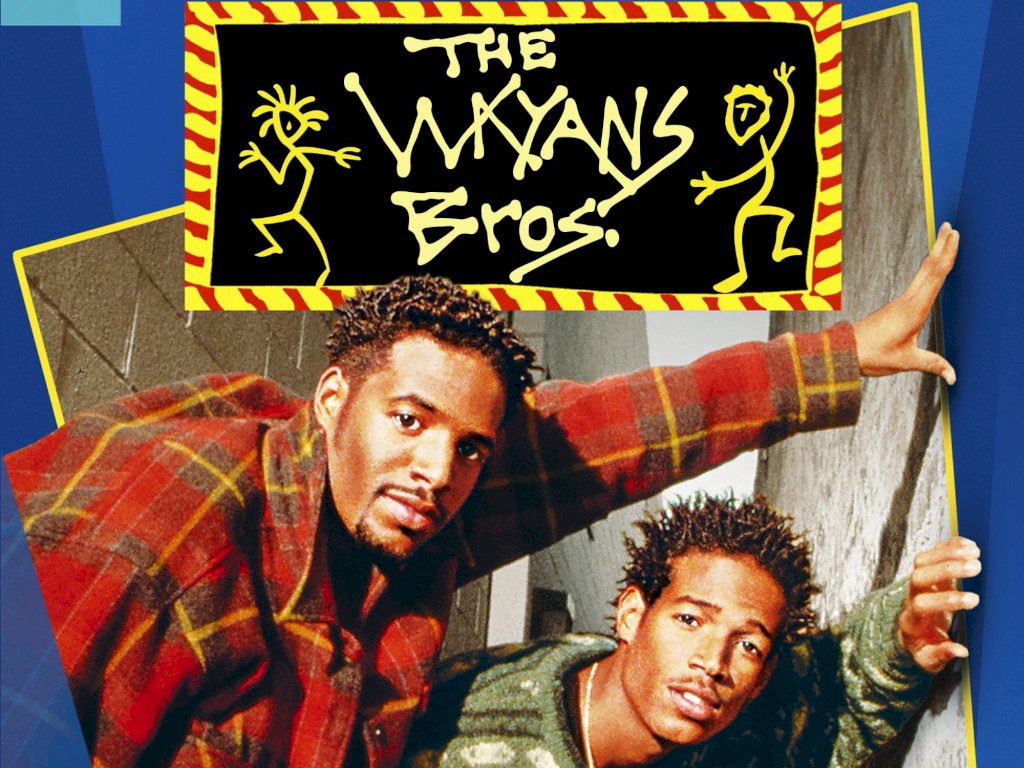"The Twilight Zone" is an American anthology television series created by Rod Serling, which premiered on October 2, 1959, and ran until June 19, 1964.
It remains one of the most influential and enduring shows in television history, leaving an indelible mark on popular culture.
The series presented viewers with thought-provoking stories that explored themes of science fiction, fantasy, horror, and social commentary, packaged within the framework of the mysterious and enigmatic "Twilight Zone."
Origins and Genesis
"The Twilight Zone" was the brainchild of Rod Serling, a talented writer and host of the series. Serling's original vision was to create a platform where he could explore controversial and thought-provoking topics without the constraints of network censorship.
The show's title was inspired by the idea that there is a "fifth dimension" beyond our comprehension—a dimension as vast as space and as timeless as infinity—a dimension known as the Twilight Zone.
The Pioneering Narrative Structure
One of the show's defining features was its unique narrative structure. Each episode was a self-contained story, allowing for diverse plots, settings, and characters. Rod Serling's distinctive voice served as an introduction to each episode, setting the stage and guiding viewers into the unknown.
This anthology format gave the writers incredible freedom to experiment with various genres and storytelling styles.
Social Commentary and Thought-Provoking Themes
"The Twilight Zone" became renowned for its insightful and profound social commentary, using the lens of science fiction and fantasy to explore sensitive and controversial topics of the era.
Episodes such as "Eye of the Beholder," "The Monsters Are Due on Maple Street," and "The Obsolete Man" tackled issues of beauty standards, mass hysteria, and totalitarianism, respectively. These stories resonated with audiences and sparked discussions about contemporary societal issues.
Iconic Episodes and Memorable Characters
The series featured numerous iconic episodes that have become part of television history. "Time Enough at Last" introduced viewers to Henry Bemis, a bookworm who finds himself in a post-apocalyptic world, and "To Serve Man" revolved around mysterious alien visitors with a seemingly benevolent motive.
Not to forget the famous "Nightmare at 20,000 Feet," which starred a young William Shatner, who portrayed a man encountering a gremlin on an airplane wing during a stormy night.
The Twilight Zone's Impact on Pop Culture
"The Twilight Zone" quickly became a cultural phenomenon, influencing multiple generations of writers, filmmakers, and creators.
Its imaginative storytelling, twist endings, and moral lessons left an everlasting impression on audiences worldwide. The show's impact can be seen in various aspects of contemporary media, from literature and film to video games and modern television series.
Legacy and Revival
Although the original series concluded in 1964, its legacy continued through various revivals and adaptations. A movie adaptation released in 1983 brought classic episodes to a new audience, while subsequent revivals in 1985, 2002, and 2019 attempted to capture the essence of Serling's creation.
Each iteration brought a fresh perspective to the timeless themes explored in "The Twilight Zone."
Remembering Rod Serling
Rod Serling's vision and talent were instrumental in shaping "The Twilight Zone" and making it a groundbreaking television series.
In this section, we delve into Serling's life, his contributions to the show, and the impact he had on the world of television and beyond.
The Influence on Modern Science Fiction and Fantasy
"The Twilight Zone" significantly impacted the development of science fiction and fantasy genres in both television and film.
Many creators and storytellers have acknowledged the show's influence on their works, and this section highlights some of the notable contributions made by "The Twilight Zone."
Critical Reception and Awards
While "The Twilight Zone" was initially met with mixed reviews from critics, it has since earned critical acclaim and numerous awards.
In this section, we explore the show's journey from an uncertain beginning to its well-deserved recognition as a timeless classic.
"The Twilight Zone" remains a beacon of imagination and storytelling excellence, standing the test of time as a beloved television series.
Its ability to captivate and provoke thought continues to resonate with audiences, making it an everlasting journey into the unknown. As we celebrate its legacy, we are reminded that "The Twilight Zone" is more than just a television show—it is a portal to contemplation and a testament to the boundless potential of the human mind.
-0-1696389307.jpg)
